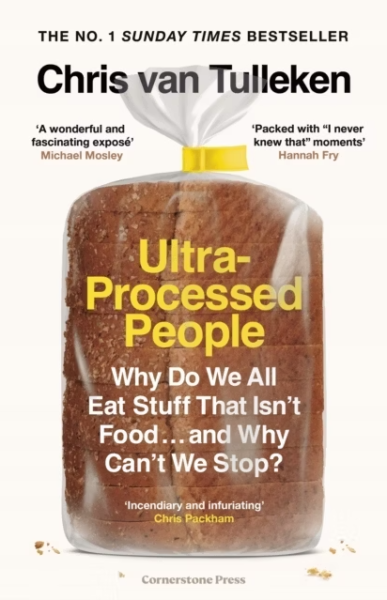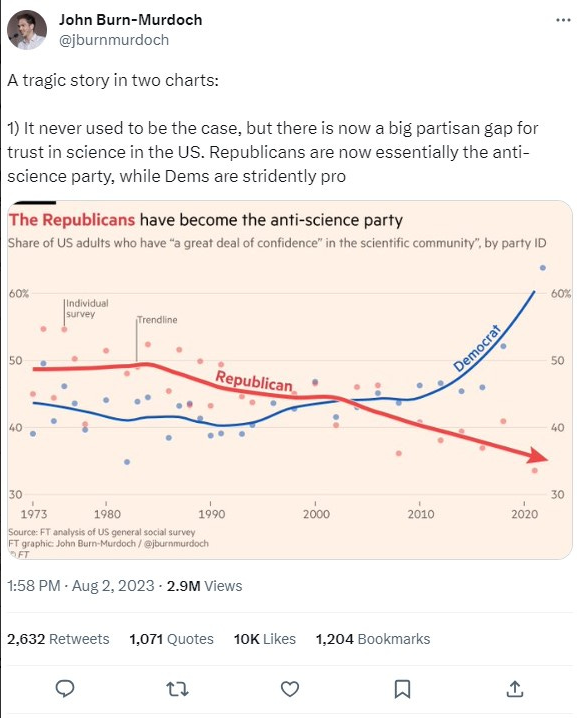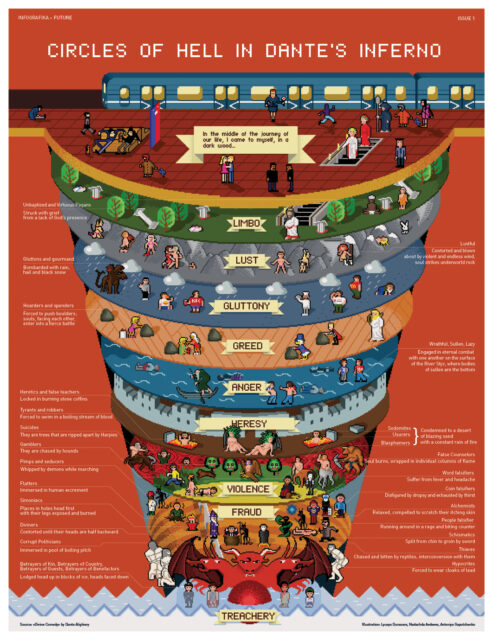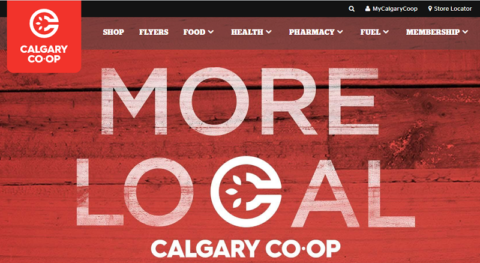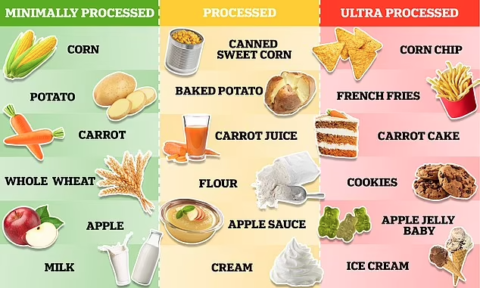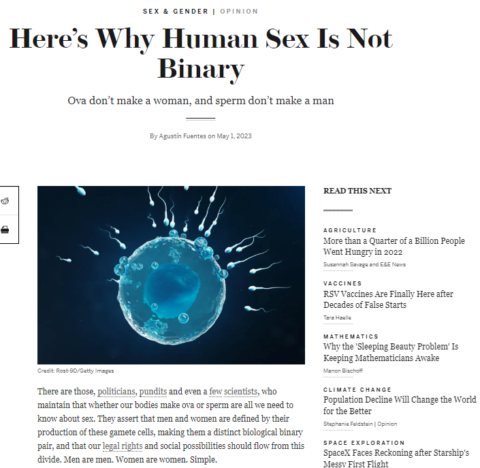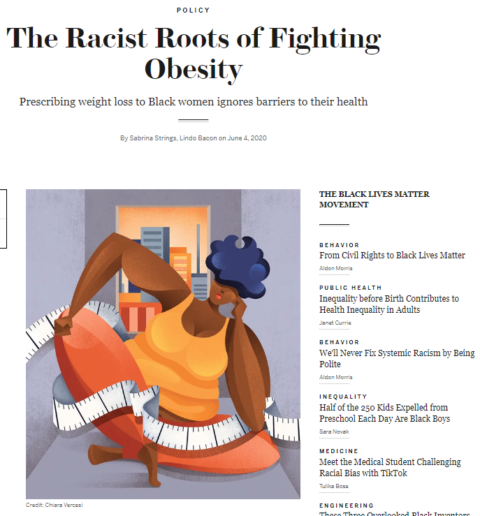Patrick T. Brown in The Free Press on how he had to leave out the full truth on climate change to get his paper published:
If you’ve been reading any news about wildfires this summer — from Canada to Europe to Maui — you will surely get the impression that they are mostly the result of climate change.
Here’s the AP: Climate change keeps making wildfires and smoke worse. Scientists call it the “new abnormal”.
And PBS NewsHour: Wildfires driven by climate change are on the rise — Spain must do more to prepare, experts say.
And The New York Times: How Climate Change Turned Lush Hawaii Into a Tinderbox.
And Bloomberg: Maui Fires Show Climate Change’s Ugly Reach.
I am a climate scientist. And while climate change is an important factor affecting wildfires over many parts of the world, it isn’t close to the only factor that deserves our sole focus.
So why does the press focus so intently on climate change as the root cause? Perhaps for the same reasons I just did in an academic paper about wildfires in Nature, one of the world’s most prestigious journals: it fits a simple storyline that rewards the person telling it.
The paper I just published—”Climate warming increases extreme daily wildfire growth risk in California” — focuses exclusively on how climate change has affected extreme wildfire behavior. I knew not to try to quantify key aspects other than climate change in my research because it would dilute the story that prestigious journals like Nature and its rival, Science, want to tell.
This matters because it is critically important for scientists to be published in high-profile journals; in many ways, they are the gatekeepers for career success in academia. And the editors of these journals have made it abundantly clear, both by what they publish and what they reject, that they want climate papers that support certain preapproved narratives — even when those narratives come at the expense of broader knowledge for society.
To put it bluntly, climate science has become less about understanding the complexities of the world and more about serving as a kind of Cassandra, urgently warning the public about the dangers of climate change. However understandable this instinct may be, it distorts a great deal of climate science research, misinforms the public, and most importantly, makes practical solutions more difficult to achieve.
[…] as the number of researchers has skyrocketed in recent years — there are close to six times more PhDs earned in the U.S. each year than there were in the early 1960s — it has become more difficult than ever to stand out from the crowd. So while there has always been a tremendous premium placed on publishing in journals like Nature and Science, it’s also become extraordinarily more competitive.
In theory, scientific research should prize curiosity, dispassionate objectivity, and a commitment to uncovering the truth. Surely those are the qualities that editors of scientific journals should value.
In reality, though, the biases of the editors (and the reviewers they call upon to evaluate submissions) exert a major influence on the collective output of entire fields. They select what gets published from a large pool of entries, and in doing so, they also shape how research is conducted more broadly. Savvy researchers tailor their studies to maximize the likelihood that their work is accepted. I know this because I am one of them.



